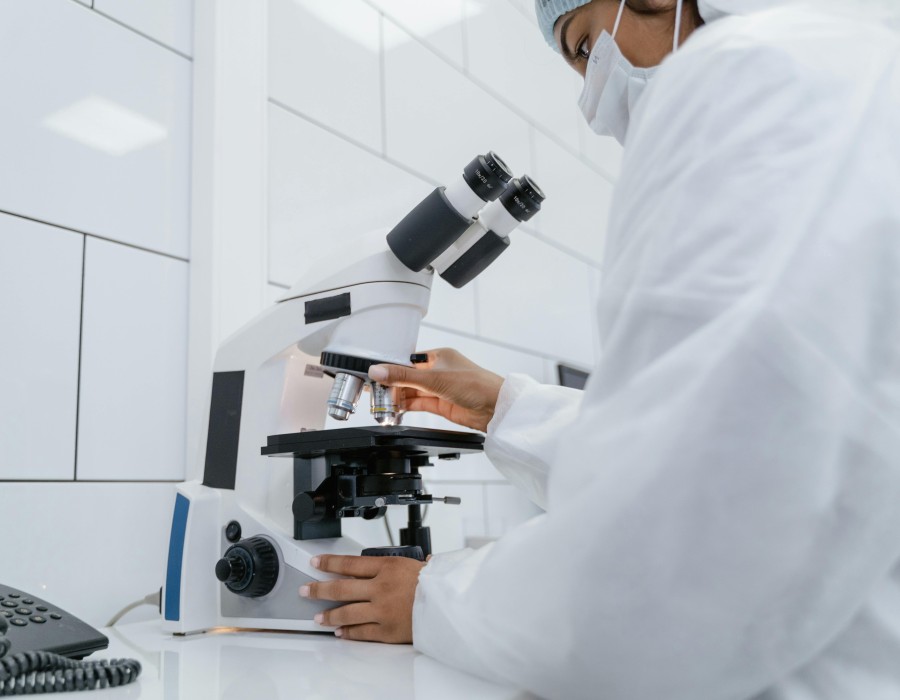High chloride levels in the blood, a condition known as **hyperchloremia**, occur when there is an excess of chloride, an electrolyte that helps maintain the body’s fluid balance, acid-base balance, and proper functioning of muscles and nerves. Chloride is primarily regulated by the kidneys, and its levels can be affected by a variety of factors, including dehydration, excessive salt intake, kidney dysfunction, and conditions that alter acid-base balance such as metabolic acidosis or respiratory issues.
Elevated chloride levels are often identified through a basic metabolic panel (BMP) or electrolyte panel, which includes other key components like sodium, potassium, and bicarbonate. Hyperchloremia itself might not cause noticeable symptoms, but it can indicate underlying health issues. Symptoms may include fatigue, high blood pressure, and weakness if there is a significant imbalance. Causes of high chloride levels include prolonged diarrhea, kidney diseases, certain medications (such as diuretics), and conditions like diabetes insipidus.
Proper diagnosis and treatment depend on identifying the root cause of the elevated chloride levels. Treatment may involve rehydration, adjusting medications, or addressing the underlying disease affecting kidney function or acid-base balance.
MyCareLabs plays a crucial role in detecting and monitoring elevated chloride levels through its comprehensive blood testing services. Their state-of-the-art labs offer accurate and timely results, which are essential for diagnosing electrolyte imbalances like hyperchloremia. MyCareLabs' testing panels, such as the BMP, are accessible and provide a detailed analysis of not just chloride but also other key electrolytes. This enables healthcare providers to assess the patient's overall fluid and electrolyte status comprehensively.
With a focus on affordability, MyCareLabs ensures that patients have access to necessary diagnostic services, promoting early detection and management of conditions like hyperchloremia, which are essential for maintaining good health.





Comments